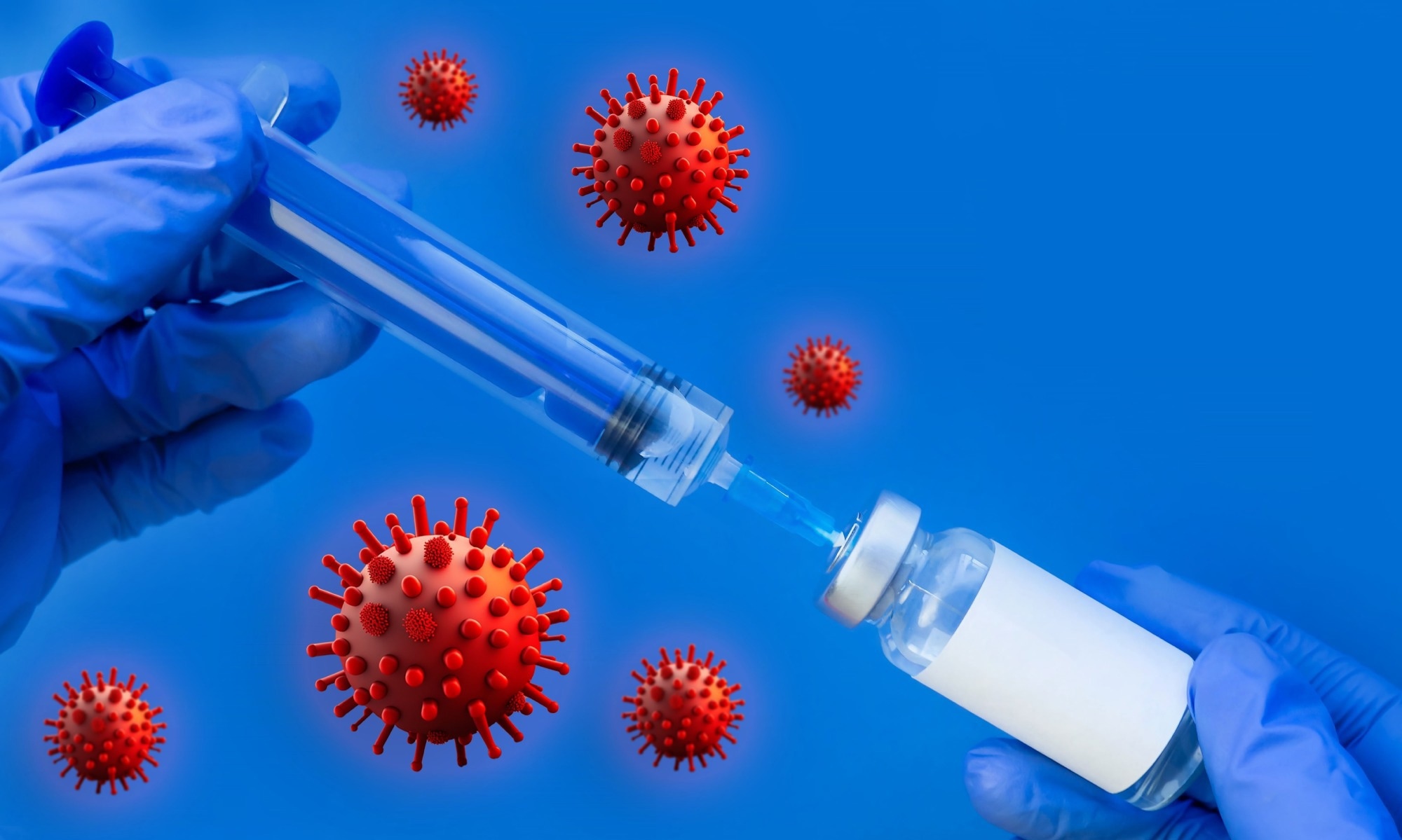Increased access to lifelong combined antiretroviral therapy (cART) has significantly aided the global reduction in mother-to-child HIV transmission. HIV-exposed uninfected (HEU) infants have a higher burden of infectious diseases than HIV-unexposed and uninfected (HUU). Immunization of PWLWH individuals could potentially reduce the severity of infectious diseases in early infancy. However, previous reports indicate that maternal vaccines given to PWLWH may be less immunogenic than those administered to PWWH. Most HEU children live in low- and middle-income countries, particularly SSA, where the HIV burden is highest. The World Health Organization (WHO) recommends tetanus vaccines for pregnancy, and evidence from clinical trials supports the safety and immunogenicity of other maternal vaccines. However, data on safety and immunogenicity in pregnant women is scarce.
 Study: The safety and immunogenicity of vaccines administered to pregnant women living with HIV: a systematic review and meta-analysis. Image Credit: Hit Stop Media / Shutterstock
Study: The safety and immunogenicity of vaccines administered to pregnant women living with HIV: a systematic review and meta-analysis. Image Credit: Hit Stop Media / Shutterstock
About the study
In the present meta-analysis, researchers examined the immunogenicity and safety of vaccines for HIV-exposed pregnant women.
The team searched the Embase, MEDLINE, Web of Science, Cochrane, and Virtual Health Library databases from study inception through January 31, 2022, and re-ran the search without language restrictions between February 1, 2022, and September 6, 2023. In addition, they searched the references to the relevant studies to identify additional records.
The study included observational studies and randomized clinical trials administering vaccines to expecting women living with HIV infections and groups of HIV-uninfected women for comparison. They excluded animal studies, reviews, conference abstracts, and case series. Two researchers independently screened titles and abstracts, and a third researcher resolved disagreements.
The researchers followed the Preferred Reporting Items for Systematic Reviews and Meta-Analyses (PRISMA) guidelines for analysis. They used the Newcastle-Ottawa Scale (NOS) to assess the methodological quality of non-randomized controlled trials. Three researchers evaluated bias risks related to generating random sequences, allocation concealing, personnel and participant blinding, outcome assessment blinding, selective reporting, and inadequate outcome data. They assessed publication bias based on funnel plot asymmetries.
The team performed random effects modeling for the meta-analyses, assessing geometric mean titers (GMT) to compute effect sizes using the inverse variance-weighted method and report it as the mean difference. They used the I2 statistic to assess study heterogeneity. They performed group-stratified analyses, including HIV status and vaccine subtypes.
Results
The initial data search yielded 96,160 records, of which 75 underwent full-text screening, and 12 were eligible for the meta-analysis, including 3,744 expecting females, of which 1,714 were PWLWH. They identified three vaccines in the study, i.e., those for group B streptococci (GBS), influenza virus, and pneumococci. They rated the overall bias risk as low, but outcome assessment blinding-related bias as unclear.
Five studies, including 3,456 PWLWH women, reported safety outcomes, with no increase in adverse events reported in PWLWH compared to PWWH. The GMT increase from baseline to weeks 28-35 post-vaccination in HA units ranged between 12 and 239. The pooled geometric mean difference in hemagglutination inhibition (HAI) titers following influenza vaccination was 56. The increase was less in PWLWH compared to PWWH: −142. The team observed the most significant difference in women receiving B strains (−166) and the most negligible difference among those receiving A/ H3N1 vaccinations (−112).
One study documented one or more severe local reactions in four percent of PWLWH, whereas 19% had one or more severe systemic reactions a week post-vaccination. Compared to PWWH, five percent reported one or more severe local reactions, and 15% reported one or more severe systemic reactions. One study documented an increased frequency of injection-area adverse reactions with double-dosage influenza vaccinations among expecting women living with HIV infections. The most frequent serious adverse event was preterm birth, with higher rates among HIV-infected expecting women compared to their HIV-uninfected counterparts.
Five studies evaluated immunogenicity for pneumococcal, influenza, and GBS vaccines, all reporting elevated antibody titers after four weeks of vaccination among PWLWH compared to baseline; however, antibody titers were lower compared to PWWH. Three studies on influenza vaccinations had adequate comparison information for meta-analytic research stratified by vaccine subtypes (A/H1N1 virus, A/H3N2 virus, B/Victoria virus, and B/Yamagata virus). The mean differences in antibody titers 28 to 35 days after influenza vaccinations were significantly higher in PWLWH than in PWWH.
Overall, the study findings showed that there is limited data on the immunogenicity and safety of vaccines administered to HIV-infected expecting women. There was no difference in vaccine safety between PWLWH and PWWH concerning influenza, pneumococcal, and investigational GBS vaccines, but there was a significant elevation in antibody titers four weeks post-vaccination; however, the increase was lower in PWLWH compared to PWWH. The findings underscore the potential challenges for vaccine policy in countries with high HIV burdens and the need for PWLWH inclusion in maternal vaccine trials to promote vaccine confidence.